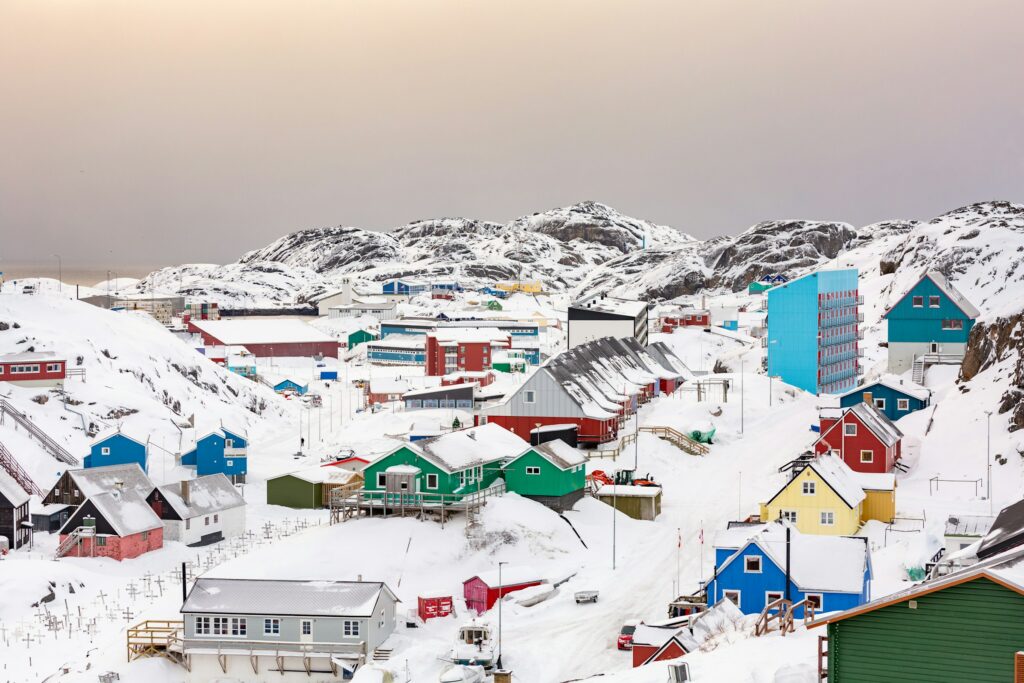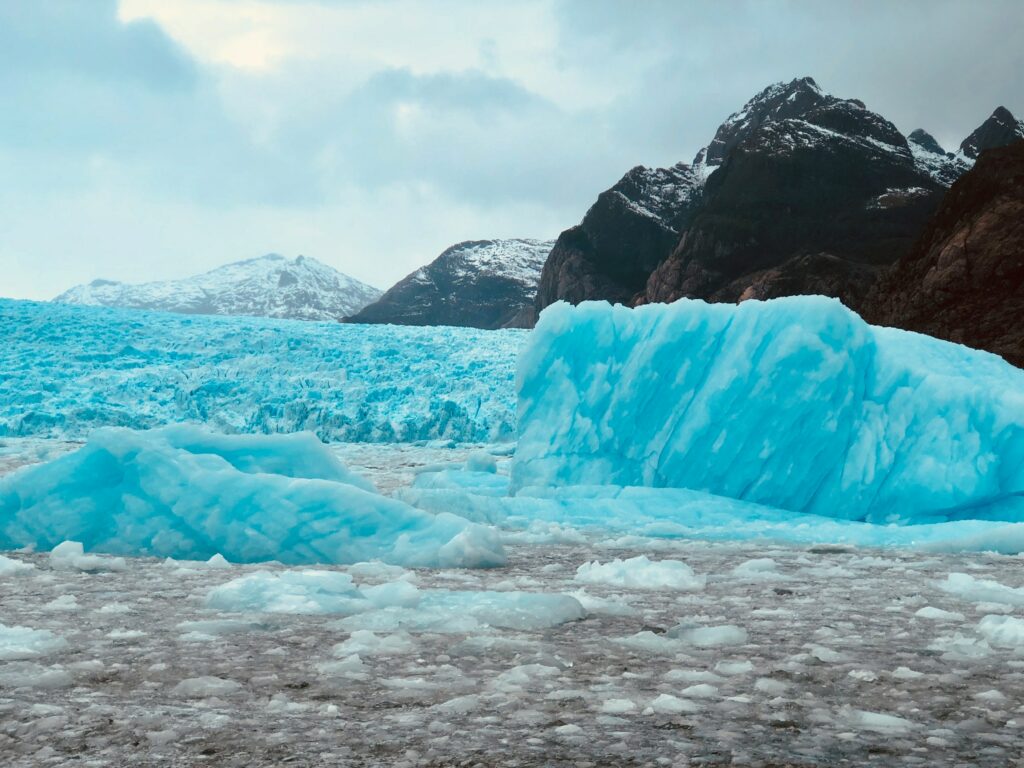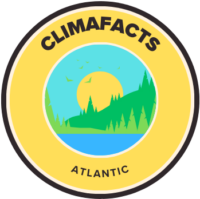Author: Tomas Wang
Date: Aug 31, 2024

Area of Impact:
Atlantic Canada
Article Information and Location:
New fossils reveal an ice-free Greenland — it’s bad news for sea level rise
Sachi Kitajima Mulkey, Canada’s National Observer, August 14th, 2024
INTRODUCTION
Science suggests that Earth hasn’t always been what we perceive today; from being a water planet to the first volcanic eruption to Pangea the supercontinent to the ice ages, our world has evolved far. At the place we stand today, with the global temperature gradually increasing and its many subsequent effects impacting our everyday lives, we doubtlessly live in a time of change. With divination proven deceitful by science, it is difficult to predict the future of humankind after the said changes occur. However, interestingly enough, sometimes through looking into our past, we can find hints at what the future may bring.
The article “New fossils reveal an ice-free Greenland — it’s bad news for sea level rise” discusses a discovery made by scientists around the past of Greenland and its significance toward rising sea levels. For years, the fact that Greenland is an ice-covered island has been a running joke in the English-speaking communities. It may be quite surprising to many that there was a time when Greenland was actually green. It was only because of the fall of the carbon dioxide in the atmosphere that the glaciers we see today could form. The period of the ice-free Greenland was thought to be at least 3 million years ago by the scientific community and not many discoveries have been made around that period. The discovery outlined by this article is one of the first of its kind and it may be quite significant to the way we perceive the past and our future.

INFORMATION AND SIGNIFICANCE
In 2022, Andrew Christ of the University of Vermont made a discovery and the conclusion was published in the previous week. Andrew’s discovery was in the form of fossils, taken from the ice core of the Greenland glacier. What he found was “remnants of ancient poppies, insect parts, and tree bark”. Those may seem ordinary to us who live in the modern era, but for a glacier-covered island, it may be quite significant. The team at the University of Vermont worked relentlessly for the past years to study the significance of the fossils. Finally, they discovered that Greenland was free of ice a mere 1.1 million years ago. This is quite a major cut from the previous 3 million years. Furthermore, they also discovered the existence of vegetation and thriving ecosystems throughout the island 416,000 years ago. Those discoveries are groundbreaking to the scientific communities and Andrew Christ believed his discovery was a mixture of luck and a different perspective: “Because I wasn’t trained as an ice core scientist, I had worked on lake sediment for the first 10 years of my career, and I knew how to find fossils….It was a completely lucky moment.”
As great as this breakthrough may sound, it is not at all positive for our environment. As mentioned previously, the formation of the Greenland Glacier is a result of decreasing carbon dioxide in the atmosphere, which is the exact opposite of what nature is undergoing in the present. This indicates that the past of Greenland may reoccur in the near future. The fact that the glacier of Greenland formed closer to the present than we thought may indicate that the glacier of Greenland will melt away faster than we thought. Our global temperature is the highest in the past 125,000 years. It wouldn’t take long for the glacier of Greenland to melt even under the previous knowledge, a shortened time does not do us good.

Doubtlessly, this discovery stands quite significant to Atlantic Canada. Canada is the closest country to Greenland and within the country, Atlantic Canada consists of some of the closest provinces to the glacier island. As Greenland continues to melt, Atlantic Canada will experience the first wave of impact. As a matter of fact, the rising of sea levels has already been quite apparent in the region over the past years, with phenomenal natural beauties and precious memories submerged underwater. Scientifically, this discovery is also impactful. The success of Andrew Christ may inspire many to follow in his footsteps and work to study glaciers and climate change. The method of finding fossils in glaciers used by Andrew was also new. Much could be done once this method is popularized amongst the scientific community, possibly leading to further discoveries.
CONCLUSION
The discovery of Andrew Christ may be significant to the melting of Greenland and rising sea levels, but those are only pieces to the grand puzzle of climate change. How could we reduce carbon dioxide emissions? How could we work to preserve nature? Those are all questions to be answered. The most important gift of this discovery is not the information itself, but how it may inspire future research. It is through this type of inspiration that science was able to progress and it will be through this type of inspiration that climate change will be tackled.
